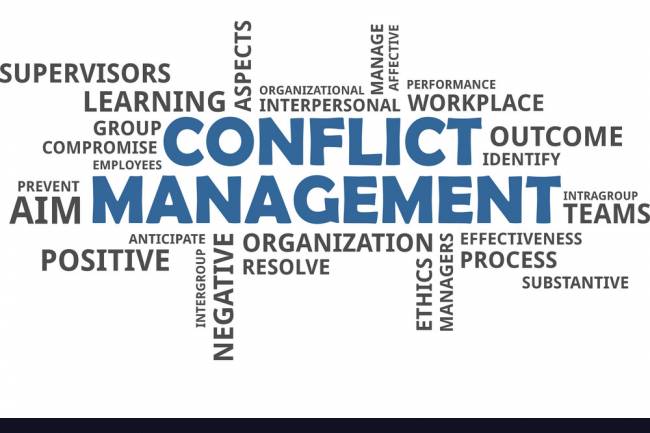What you Must know for a Better HR Career
For a candidate considering a career in human resources, a common question is whether to go for an HR degree or an HR certification. The answer is not simple and the concerns are more than just time or money.
How common are HR professionals with certifications?
According to PayScale data for 2018, 34.2 percent of all HR professionals held at least one human resources certification. The number seems high, but what explains it is the fact that HR professionals with the best HR certifications receive more promotions and climb their career ladders faster than those without.
What is making HR certifications important?
Businesses have moved beyond local markets and now work in global markets. Along with the onward march of technology, there is now a growing appreciation for the value of an HR certification. This can clearly be seen in the competition for HR jobs, and how a human resources certification is now often marked as ‘required’ instead of just ‘preferred’.
Along with this, there is the fact that certain skills have become important for HR professionals to possess. Employers look for candidates with skills in areas such as employee benefits, labor relations, and talent management, while employees look to learn the same skills to advance their careers. In addition, HR professionals need to display quick and strategic thinking to help avert any crisis the company faces.
It is important to appreciate that competing candidates often come with similar skills and certifications. When looking for HR professionals, some companies may also seek skills in company development, finance, and strategy, but may not explicitly indicate a preference for the same. They may mark a certification as optional but may actually prefer candidates who hold certifications over those who do not. There will be the investment of money and time, and it helps to talk to currently working HR professionals to know the need for certifications, especially those relevant to local conditions.
Is now a good time for getting certified in HR?
The world is currently in the grip of the COVID-19 pandemic. Businesses initially came to a complete stop, as did most of normal life, which ground to a standstill. Remote work is now common, though many businesses are laying off or furloughing members of their workforce. This is as good a time as ever to reskill and upskill oneself and thereby become a more relevant candidate. This also positions the person to come back with a bang when economic activity picks up. Several programs can fill such gaps up, but the best HR certifications are one of the best options to give the required boost.
What is the advantage of an HR certification?
An HR certification indicates a third party has validated the skills and knowledge of the candidate. It highlights the commitment and credentials of the person, adding to the knowledge and skills and thereby giving a significant boost to performance on the job. Learning happens at the pace chosen by the candidate, and the flexibility and freedom also facilitate networking with other industry professionals.
Here are the benefits:
- Stronger resume with a valuable credential
- Differentiated candidate positioning with updated knowledge and skills as against non-certified candidates
- Better chances of negotiating a higher salary during the recruitment and selection process
- Greater success on the job
- Higher chances of promotions (by 10.2-21.5 percent, depending on the position) and salary hikes
- More trust and confidence from colleagues
- Competitive edge for the organization due to strategic thinking and planning abilities
- Hands-on training in the latest software and other tools
How significant are the prospective salary hikes?
Research suggests substantial gains for candidates with human resource certifications. According to PayScale data, a certified HR professional could earn a 49-93 percent higher salary than a non-certified peer.














